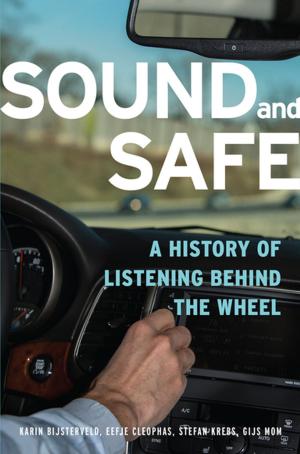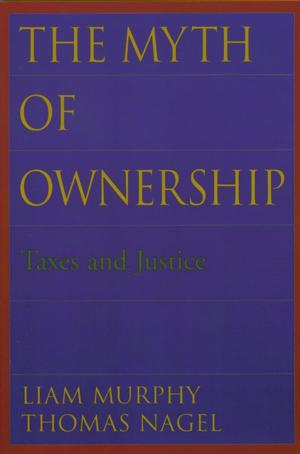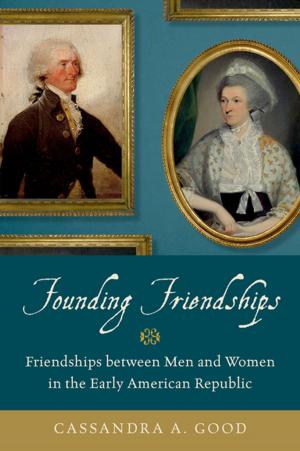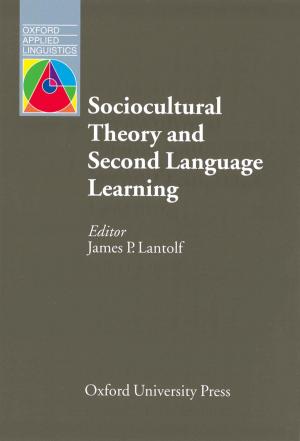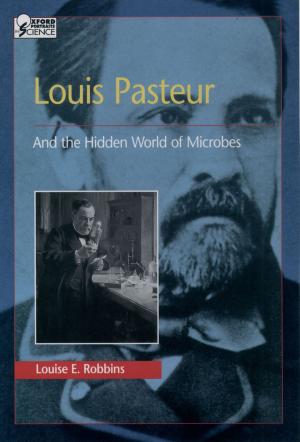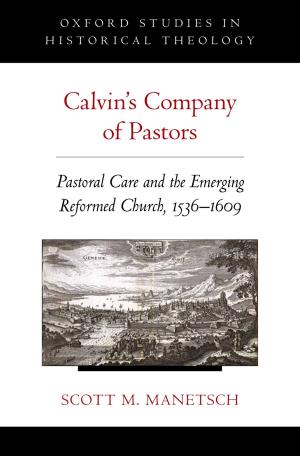Out of the Mouths of Babes
Girl Evangelists in the Flapper Era
Nonfiction, Religion & Spirituality, Other Practices, Fundamentalism, Christianity, Church, Church History, History| Author: | Thomas A. Robinson, Lanette D. Ruff | ISBN: | 9780190208424 |
| Publisher: | Oxford University Press | Publication: | December 5, 2011 |
| Imprint: | Oxford University Press | Language: | English |
| Author: | Thomas A. Robinson, Lanette D. Ruff |
| ISBN: | 9780190208424 |
| Publisher: | Oxford University Press |
| Publication: | December 5, 2011 |
| Imprint: | Oxford University Press |
| Language: | English |
The 1920s saw one of the most striking revolutions in manners and morals to have marked North American society, affecting almost every aspect of life, from dress and drink to sex and salvation. Protestant Christianity was being torn apart by a heated controversy between traditionalists and the modernists, as they sought to determine how much their beliefs and practices should be altered by scientific study and more secular attitudes. Out of the controversy arose the Fundamentalist movement, which has become a powerful force in twentieth-century America. During this decade, hundreds (and perhaps thousands) of young girl preachers, some not even school age, joined the conservative Christian cause, proclaiming traditional values and condemning modern experiments with the new morality. Some of the girls drew crowds into the thousands. But the stage these girls gained went far beyond the revivalist platform. The girl evangelist phenomenon was recognized in the wider society as well, and the contrast to the flapper worked well for the press and the public. Girl evangelists stood out as the counter-type of the flapper, who had come to define the modern girl. The striking contrast these girls offered to the racy flapper and to modern culture generally made girl evangelists a convenient and effective tool for conservative and revivalist Christianity, a tool which was used by their adherents in the clash of cultures that marked the 1920s.
The 1920s saw one of the most striking revolutions in manners and morals to have marked North American society, affecting almost every aspect of life, from dress and drink to sex and salvation. Protestant Christianity was being torn apart by a heated controversy between traditionalists and the modernists, as they sought to determine how much their beliefs and practices should be altered by scientific study and more secular attitudes. Out of the controversy arose the Fundamentalist movement, which has become a powerful force in twentieth-century America. During this decade, hundreds (and perhaps thousands) of young girl preachers, some not even school age, joined the conservative Christian cause, proclaiming traditional values and condemning modern experiments with the new morality. Some of the girls drew crowds into the thousands. But the stage these girls gained went far beyond the revivalist platform. The girl evangelist phenomenon was recognized in the wider society as well, and the contrast to the flapper worked well for the press and the public. Girl evangelists stood out as the counter-type of the flapper, who had come to define the modern girl. The striking contrast these girls offered to the racy flapper and to modern culture generally made girl evangelists a convenient and effective tool for conservative and revivalist Christianity, a tool which was used by their adherents in the clash of cultures that marked the 1920s.






